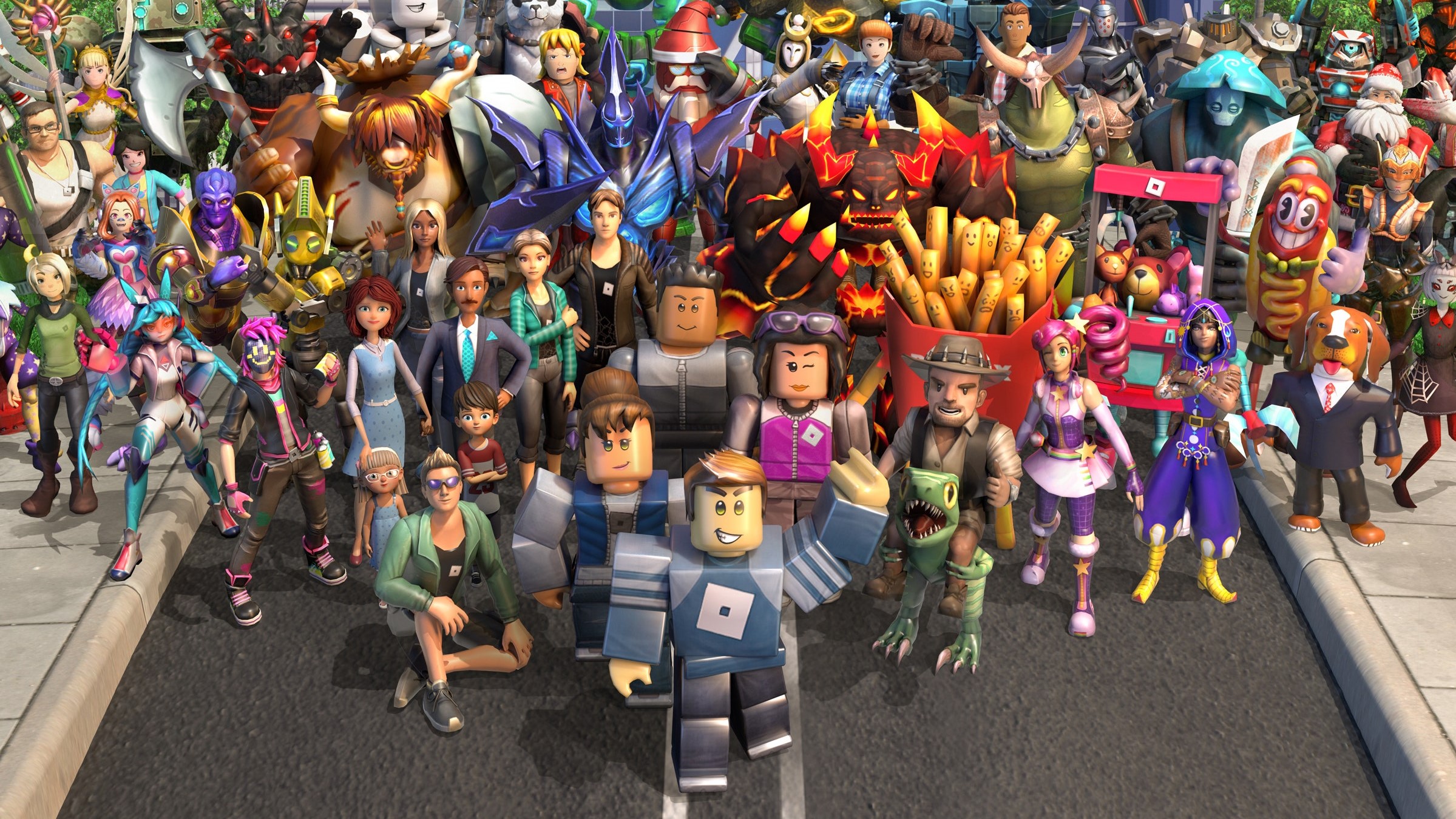Roblox introduces real-time AI chat translation, says the next frontier is seamless voice translation including the 'tone, rhythm, and emotion' of its users' lil voices
Claims this "isn’t even possible in the physical world."

Roblox has introduced a new AI text translation feature, which translates users' chat in real-time into other languages. The feature is available to all Roblox experiences (the terminology used by the platform for user-created worlds) via the TextChatService, and Roblox Corp said it means "the chat window will automatically show Korean translated into English, or Turkish translated into German, and vice versa, so that each person sees the conversation in their own tongue."
The company rather grandly points out that translating text chat like this in real-time (the latency between input and translated output is apparently around 100 milliseconds) is "something that isn’t even possible in the physical world." At launch these 16 languages are supported, including Chinese, English, Russian and Spanish.
Roblox goes into some detail on why it's taken the approach it has, pointing out that 70 million daily users are communicating on the platform every day, and manual translation obviously isn't an option at that scale. The LLM had to be accurate, fast and most intriguingly "context-aware" of Roblox-specific slang and abbreviations like "obby, afk, or lol." Rather than building a unique model for each possible pairing of languages (which would have meant 256 different translation tools) Roblox has built a "unified, transformer-based translation LLM to handle all language pairs in a single model" (a transformer in this context is not an Autobot but a deep-learning architecture). It says this is more like having multiple apps that specialise in groups of languages, and a system which can identify which one is the right fit for the translation at hand.
There's some pretty interesting claims about how this model can learn, primarily that it is "able to leverage linguistic similarities between languages." Thus languages that share common elements, like Portuguese and Spanish, both benefit from how the LLM is learning about the other. This further allows the LLM to operate even "where the source language is not set or is set incorrectly" and make accurate judgements about the target language, and even to translate mixed-language sentences (Roblox says "the accuracy may not be quite as high [in such cases], but the final message will be reasonably understandable").
The final piece of the model is of course running everything it does through Roblox's trust and safety systems, to ensure no words or phrases that violate the company's policies get through. Good luck with that running up against human ingenuity. The full blogpost goes into more detail on exactly how the model was trained, the data used (both open source and from Roblox chat histories), and how it will be improved over time with more languages added as sufficient training data becomes available.
On its own, this is a pretty remarkable achievement. But Roblox says this is just the first step towards an effort to "automatically translate everything in multiple dimensions: text on images, textures, 3D models, etc". From there, the next goal is automatic voice chat translations, and this then leans slightly into what Roblox itself says sounds like science fiction:
"Imagine a French speaker on Roblox being able to voice chat with someone who only speaks Russian. Both could speak to and understand one another, right down to the tone, rhythm, and emotion of their voice, in their own language, and at low latency."
Keep up to date with the most important stories and the best deals, as picked by the PC Gamer team.
Roblox says this effort is going to take time but "in the not-too-distant future" the goal is to make the platform somewhere where global users can communicate across languages via text and voice seamlessly. I mean, say what you will about Roblox: but this certainly isn't kids' stuff.
Roblox codes: Cross-game freebies
Dress to Impress codes: Get fast fashion
Blue Lock Rivals codes: Gear for the pitch
Blox Fruits codes: Double XP and free stats
Fisch codes: Bring the best bait
Arise Crossover codes: Beat 'em up gear

Rich is a games journalist with 15 years' experience, beginning his career on Edge magazine before working for a wide range of outlets, including Ars Technica, Eurogamer, GamesRadar+, Gamespot, the Guardian, IGN, the New Statesman, Polygon, and Vice. He was the editor of Kotaku UK, the UK arm of Kotaku, for three years before joining PC Gamer. He is the author of a Brief History of Video Games, a full history of the medium, which the Midwest Book Review described as "[a] must-read for serious minded game historians and curious video game connoisseurs alike."


